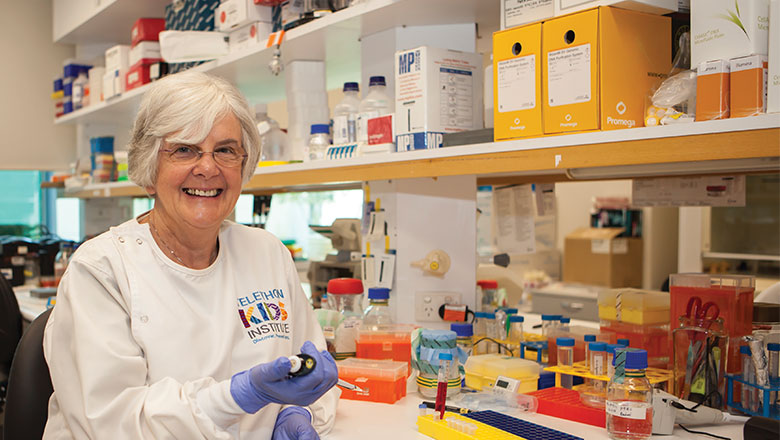Search
Research
Association of Achieving Time in Range Clinical Targets With Treatment Modality Among Youths With Type 1 DiabetesContinuous glucose monitoring (CGM) devices have demonstrated efficacy in adults and more recently in youths and older adults with type 1 diabetes. In adults with type 1 diabetes, the use of real-time CGM compared with intermittently scanned CGM was associated with improved glycemic control, but there are limited data available for youths.
Research
Acute hyperglycaemia does not have a consistent adverse effect on exercise performance in recreationally active young people with type 1 diabetes: a randomised crossover in-clinic studyIn individuals with type 1 diabetes, chronic hyperglycaemia impairs aerobic fitness. However, the effect of acute marked hyperglycaemia on aerobic fitness is unclear, and the impact of insulin level has not been examined. In this study, we explored if acute hyperglycaemia with higher or low insulin levels affects [Formula: see text] and other exercise performance indicators in individuals with type 1 diabetes.
News & Events
New insights into diabetes in Australian Aboriginal populationThe Kids Research Institute Australia have shown that genetic variations that influence BMI and diabetes are similar to those in non-Aboriginal populations.

News & Events
Latitudinal gradient in childhood diabetesNew research from Perth's The Kids Research Institute Australia has shown the local relevance of a worldwide pattern of increased risk of childhood type 1 diabetes.
News & Events
30% of children at risk of future heart diseaseAlmost 30% of 14-year-old Australian children fall within a group identified as being at future increased risk of heart disease, type 2 diabetes or stroke

News & Events
A new approach for research with Aboriginal communitiesWinning the support of a remote Aboriginal community paved the way for a pioneering genetics study.
Research
Association between interpregnancy interval and pregnancy complications by history of complications: A population-based cohort studyTo examine if the association between interpregnancy interval (IPI) and pregnancy complications varies by the presence or absence of previous complications. Design and setting Population-based longitudinally linked cohort study in Western Australia (WA).
Research
The relationship between meal carbohydrate quantity and the insulin to carbohydrate ratio required to maintain glycaemia is non-linear in young people with type 1 diabetes: A randomized crossover trialTo determine if the relationship between meal carbohydrate quantity and the insulin to carbohydrate ratio (ICR) required to maintain glycaemia is linear in people with type 1 diabetes.
Research
T-Cell Expression and Release of Kidney Injury Molecule-1 in Response to Glucose Variations Initiates Kidney Injury in Early DiabetesHalf of the mortality in diabetes is seen in individuals <50 years of age and commonly predicted by the early onset of diabetic kidney disease (DKD). In type 1 diabetes, increased urinary albumin-to-creatinine ratio (uACR) during adolescence defines this risk, but the pathological factors responsible remain unknown.
Research
Continuous Glucose Monitoring Improves Glycemic Outcomes in Children With Type 1 Diabetes: Real-World Data From a Population-Based ClinicAlthough recent clinical trials of continuous glucose monitoring (CGM) use have shown positive glycemic benefit, outcomes outside the research setting may differ and real-world studies over a long time period are limited. In April 2017, CGM was fully subsidized in Australia for people living with type 1 diabetes (T1D) <21 years. Perth Children’s Hospital is the sole pediatric diabetes center in Western Australia and is where almost all patients <18 years of age are seen.
